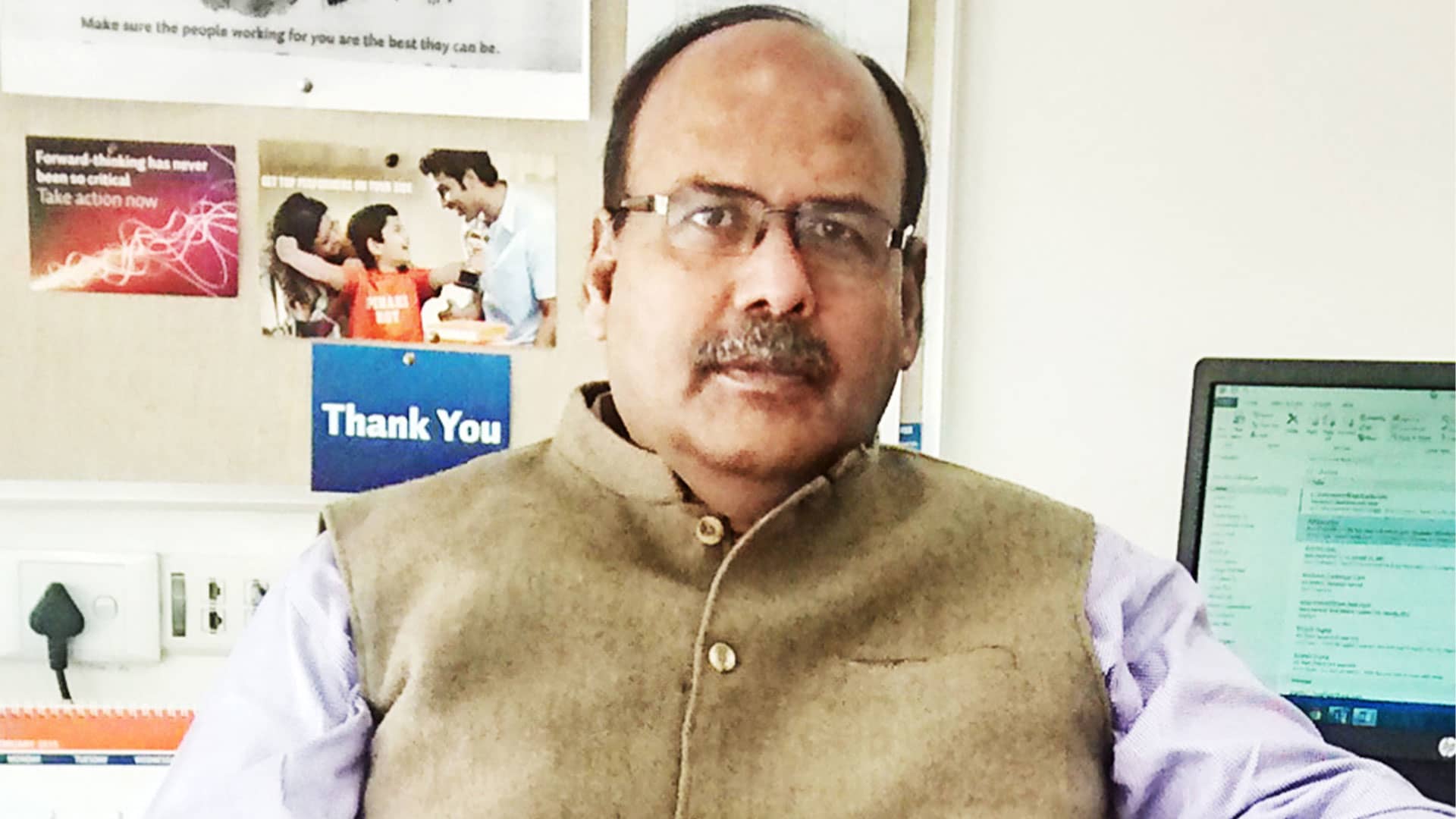Trade finance is an under-the-radar career – partly because it requires deep specialist knowledge to really become interesting, as Pinaki Roy tells Ouida Taaffe.

When Pinaki Roy – Strategic Advisor at 360tf and ex MD of the West Bengal Infrastructure Development Finance Corporation – was at university he studied geology. He had chosen the course that interested him without a specific career goal in mind. Then, after graduating in 1982, he joined the State Bank of India as a management trainee. He chose that because it was “a great job” that promised security and progression. He had no thought back then of getting involved in trade finance – and his first brush with the sector didn’t augur well.
First steps in trade finance
“After my confirmation, I was placed in the department that dealt with the retirement of import bills under letters of credit,” he says. “For me at the time, the UCP rules (Uniform Customs and Practice for Documentary Credits) was just another text to which I was supposed to refer but generally didn’t because you had the seniors and you always asked them,” says Roy with a smile.
That led to a problem. Roy didn’t check a bill of exchange carefully enough and the oversight was only discovered after the money had changed hands. Roy managed to correct things with the help of people on the other side of the trade. “I’m not sure people would be as willing to help today,” he says.
Deep experience but still exams
Roy started to pay closer attention, and this took him into the foreign department of the bank. At one point it dealt with 36% of India’s imports and 45% of all exports. Then, in 1993, Roy left the State Bank of India to become a foreign exchange dealer, handling both foreign exchange and trade. By 2002, he was Head of Trade Finance at Reliance Communications.
“In India, stand-by letters of credit were not allowed until 2003,” says Roy. (India ratified the International Chamber of Commerce’s rules on international standby practices in that year.) “We were doing a lot of them, and I was a pretty experienced trade finance guy, but I had never taken the Certificate for Documentary Credit Specialists (CDCS).”
Roy started to get curious about CDCS. When he opted to move into a role with Reliance in London 2006, he decided to sit the exam. “I didn’t find it too difficult because, by that time, I was very familiar with trade finance,” says Roy, who was the first person in Reliance Industries to sit CDCS.
Why sit CDCS
But, if you’re already an experienced professional, do you really need to sit an exam like CDCS?
“It’s like somebody who’s a good boxer, but not trained,” says Roy. “You might have specialised in one area, but you need to know the rules, to have an overall view of what a documentary credit specialist should know.”
After taking CDCS himself, Roy volunteered to coach others at Reliance to take the qualification. It was found to be so useful that, over time, Reliance had more CDCS qualified staff than some of India’s private sector banks. Roy says that today, if he’s helping a firm make a trade finance hire, the first thing he looks for is whether the person has CDCS.
In 2011, Roy took the Certificate in International Trade & Finance (CITF) exams “just for the heck of it”. He also kept himself busy with other professional qualifications.
Clearly, CITF was not a challenge for someone who already had deep professional knowledge. So, what benefits does it actually bring?
The benefits of CITF
“CITF gives you huge foundation in how international trade actually happens,” says Roy. “That is very relevant in a country like India where we have a population of around 1.4 billion and people are curious about the world, and a lot of business is happening. Education will remain very relevant to that and professional qualifications like CDCS and CITF will remain very, very relevant to it.”
But, for a young professional starting out, qualifications like CDCS and CITF can be a considerable investment in both time and money – particularly alongside a full-time role. What would Roy say to them? Why, for example, take a very specific course like CDCS?
“The death of the letter of credit has often been exaggerated, but the letter of credit will always be needed – and so will professionals who understand it,” says Roy. “And the CDCS exam is built for practitioners.”
Perhaps more importantly, digitalisation will not change that, Roy says. “You will always need someone who understands documentary credit – someone who understands the difference between the issuing banks liability and confirming banks responsibility, someone who knows what a compliant presentation means.”
When the bank has to make a call, he says, a well-trained specialist will have to be there to take responsibility. Roy is now a CDCS advocate.
Related articles

Why choose a career in trade finance?

Jobs in finance: why should I pursue a career in sustainable finance?
01 June 2022
What kind of role would best suit you?
